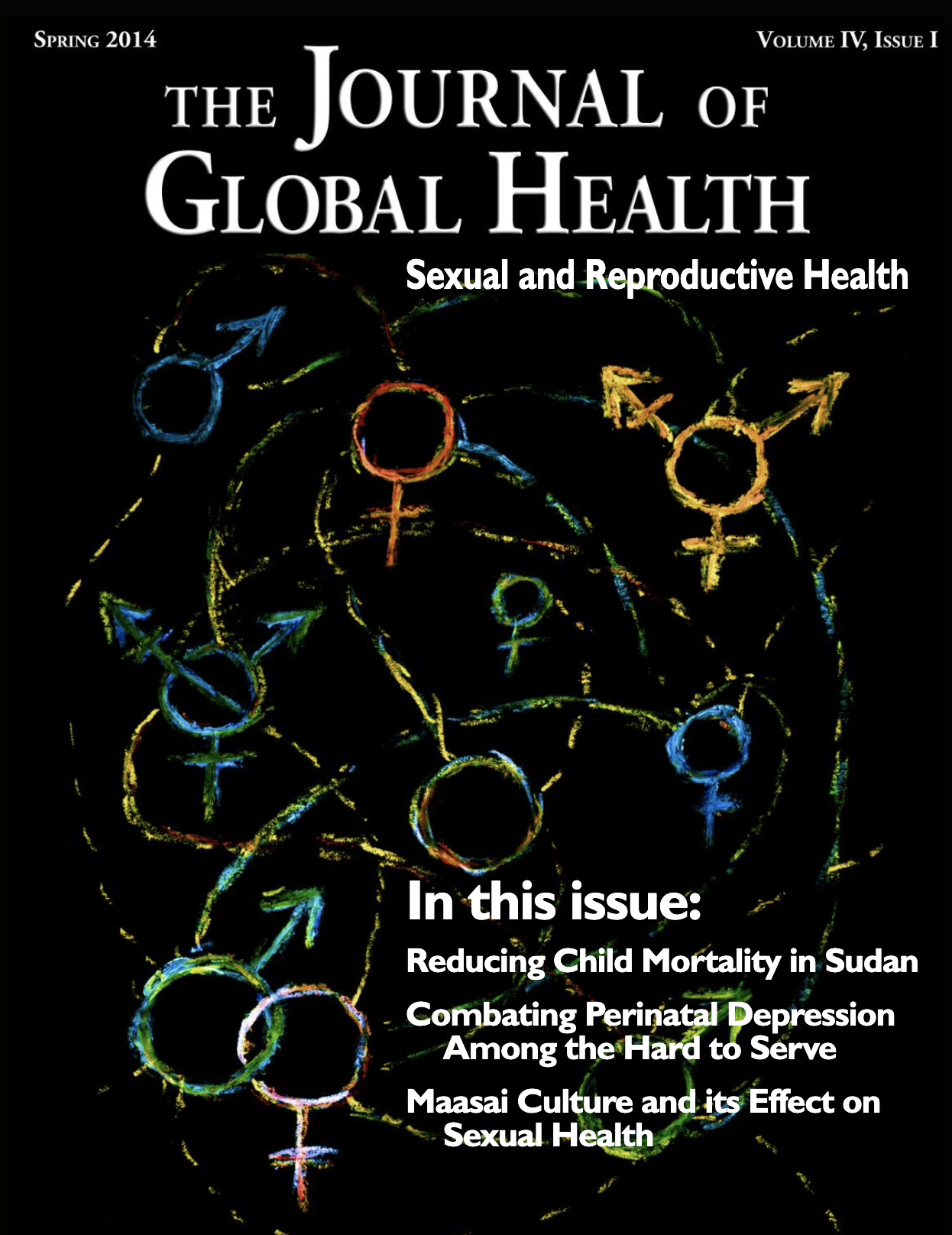An Ethnographic Approach to the Nutrition Transition in Ecuador
Main Article Content
Abstract
To offer an in-depth case study of how diabetes is affecting one urban family and one rural family in Ecuador.
Methods
In-depth interviews, observations and participation in food preparation were realized in one rural family and one urban family living in Ecuador who have at least one member suffering from diabetes; this is a disease understood as a consequence of the nutrition transition. Emphasis was placed on the socioeconomic factors that shaped the two families’ experiences with diabetes.
Results
The nutrition transition can be defined as a global trend towards diets based on highly processed foods and the appearance of diseases related to such diet modifications, such as diabetes and heart disease. Nutrition transition theory links urban areas with higher incidences of nutrition transitions than rural areas. However, it appears that the rural family studied for this paper is shifting towards a diet high in processed foods that is suggestive of a nutrition transition. This is a situation that requires further research. While urban and rural dynamics were considered throughout this investigation, socioeconomic status was another major variable when analyzing how both families dealt with diet and diabetes. The socioeconomic status of members in each family also influenced their medical trajectory: the rural family, which maintains a lower socioeconomic status than the urban family, was less likely to follow a medical treatment plan for diabetes. In both the urban and rural families, the eldest generation has lived through many of the changes in food preparation and consumption associated with the nutrition transition, such as switching from manual to mechanical cooking techniques and from consuming naturally sweetened to sugar-sweetened beverages. Most members of the urban family benefited from the help of a domestic employee in food-related activities. On the other hand, many members of the rural family were for some period of time working as domestic employees; this allowed them to learn how to cook at an early age and was also a source of financial and medical insecurity in at least one case.
Conclusions
This case study describes one rural and one urban family’s diets and reported changes in diets; it was found that even the rural family was experiencing changes in dietary habits that suggest the presence of a nutrition transition. This singular case study could serve as a springboard for future rural nutrition transition research using more statistically significant samples. Further research could determine if this is a confined case or a widespread issue, and could explain how different rural locations in Latin America, and the world, may be experiencing the nutrition transition.

